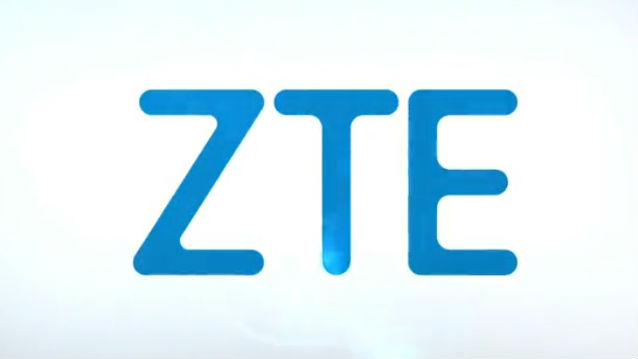ZTE Deal Moves Closer to 'Done'
The smarter way to stay on top of the multichannel video marketplace. Sign up below.
You are now subscribed
Your newsletter sign-up was successful
The Department of Commerce signaled Wednesday (July 11) it was close to allowing Chinese telecom ZTE to do business with U.S. tech suppliers once again.
Commerce had banned U.S. imports--like computer chips--to ZTE after the company violated restrictions on doing business with Iran and North Koreaa=, then violated a settlement agreement. Top U.S. intelligence officials have also said ZTE has troubling ties to the Chinese government that pose an ongoing security risk. But after being approached by the president of China about the potential threat to Chinese jobs the ban represented, President Trump told Commerce to help out the company.

A deal was struck last month, and Commerce announced Wednesday that it had signed an escrow agreement and as soon as ZTE forked over $400 million for that account, the denial order preventing U.S. exports would be lifted.
Commerce said that settlement "represents the toughest penalty and strictest compliance regime the Department has ever imposed."
Elsewhere, Congress has been trying to preserve the trade sanctions on ZTE and prevent any government contract money to be spent on ZTE tech; the FCC has proposed denying Universal Service Fund broadband subsidy funds to ZTE--it is a major cell phone supplier; and the Department of Defense has blocked the sale on military bases of phones and other devices made by ZTE, and fellow Chinese telecom Huawei.
Sen Mark Warner (D-Va.), vice chairman of the Senate Intelligence Committee, has been a critic of the deal, and remains so.
“I share the grave concerns of our military and the intelligence community, which are unanimous in their conclusion that ZTE — a state-controlled company with ties to Chinese intelligence — presents an ongoing threat to our national security," he said. "I also share many of the concerns the President has voiced in the past about China’s unfair trade practices, which have cheated American workers and permitted Chinese companies to steal the intellectual property of American firms with virtually no consequences.
The smarter way to stay on top of the multichannel video marketplace. Sign up below.
“This sweetheart deal not only ignores these serious issues, it lets ZTE off the hook for evading sanctions against Iran and North Korea with a slap on the wrist.”
The deal includes a $1 billion fine as well as the $400 million in suspended penalty money that goes into the escrow account.
Contributing editor John Eggerton has been an editor and/or writer on media regulation, legislation and policy for over four decades, including covering the FCC, FTC, Congress, the major media trade associations, and the federal courts. In addition to Multichannel News and Broadcasting + Cable, his work has appeared in Radio World, TV Technology, TV Fax, This Week in Consumer Electronics, Variety and the Encyclopedia Britannica.

